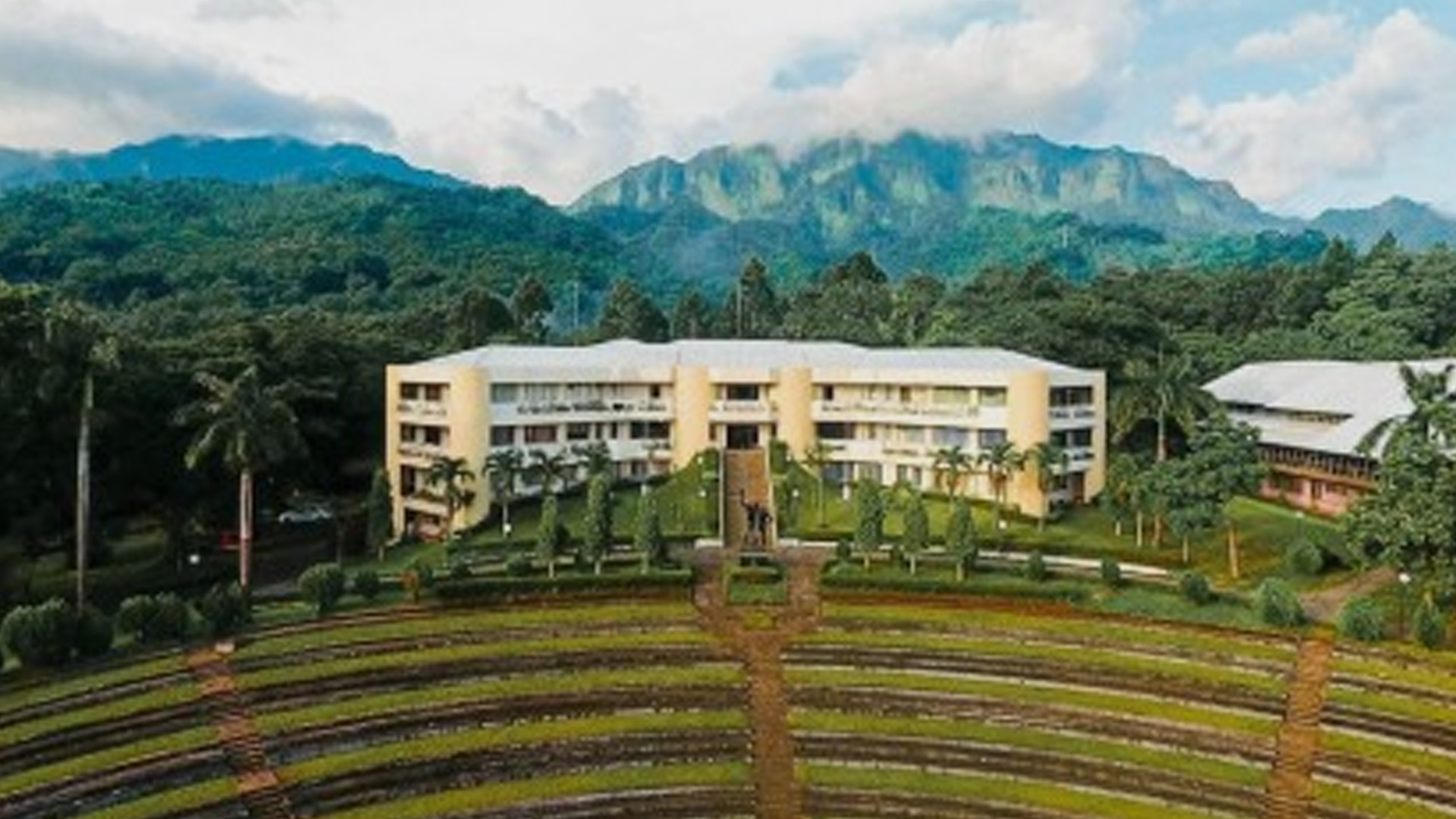The Department of Health (DOH) regional office has welcomed the offering of medical courses in four of the six provinces in Eastern Visayas, as this will address the shortage of health workers.
Outside this city, medical courses will be offered in the upcoming school year in Samar, Eastern Samar, Northern Samar, and Baybay City in Leyte, DOH Eastern Visayas Regional Director Exuperia Sabalberino said during the “Kapihan sa Bagong Pilipinas” here on Tuesday.
“We are one of the regions with many schools with colleges of medicine. Let us look at this as an opportunity. We have been encouraging mayors to send potential scholars to take medical courses. You don’t have to go to Cebu or Manila to study medicine,” she said.
Late last year and early this year, President Ferdinand R. Marcos Jr., approved laws that will set up the College of Medicine at the University of Eastern Philippines in Catarman, Northern Samar; Visayas State University in Baybay City, Leyte; Samar State University in Catbalogan City, Samar; and Eastern Samar State University in Borongan City, Eastern Samar.
Before the signing of laws establishing a College of Medicine in these schools, only the Doña Remedios Trinidad Romualdez Medical Foundation, based in Tacloban City, offered a medical program in the region.
Under this law, colleges of medicine in these schools will be authorized to offer a Doctor of Medicine degree program, including an Integrated Liberal Arts and Medicine program consisting of basic science and clinical courses that adopt a learner-centered, competency-based, and community-oriented approach to instruction.
The main goal of the law is to develop a set of professional physicians who will help strengthen the healthcare system of the country and primarily respond to the human resource development needs of the Leyte province and the region.
The offering of medical courses is a solution to the shortage of healthcare workers in the region, Sabalberino said.
“Much as we like to retain our healthcare workers, they are looking for greener pastures to support their families. Our hiring is continuous. We are happy that we have new passers every year,” she said.
The shortage of medical workers, she said, is one of the setbacks in their goal to establish more health facilities in the region. (PNA)





















